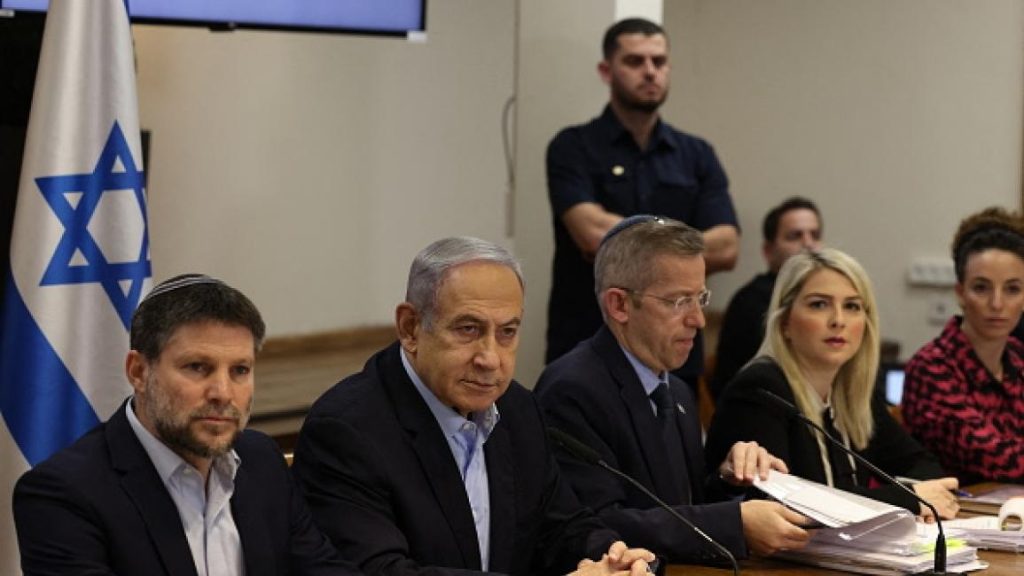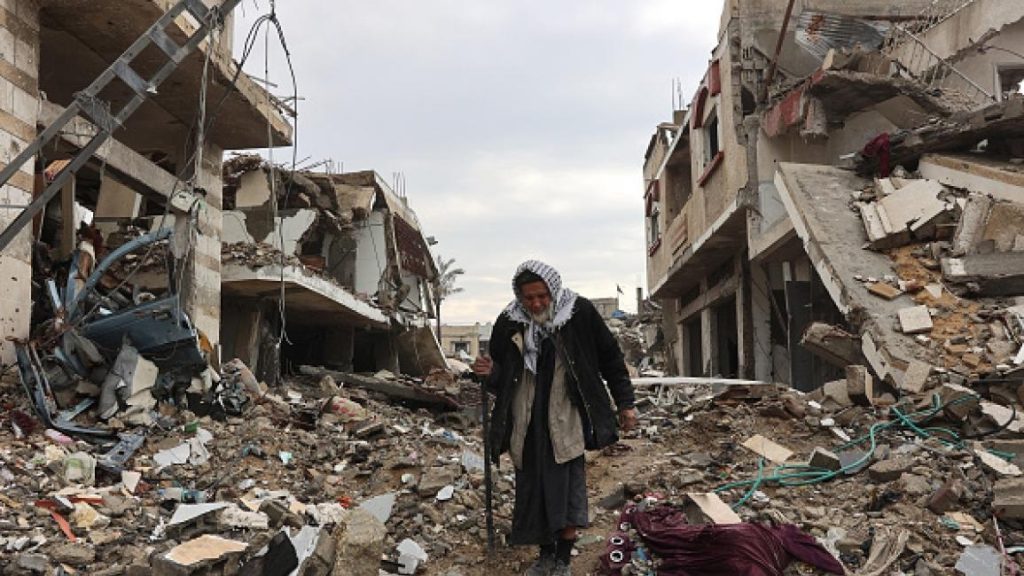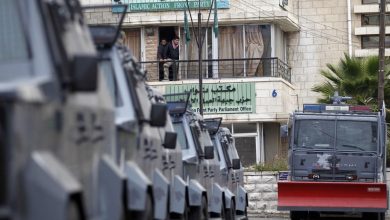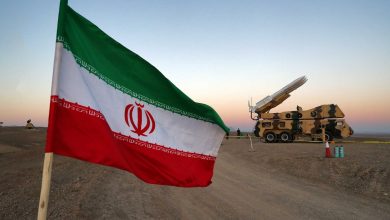5 Signs That Netanyahu Is Working to Undermine the Second Phase of the Deal
Israeli Report Reveals Deliberate Delays, Political Maneuvering, and Media Manipulation to Block Ceasefire Negotiations.

Watan-The Israeli newspaper Yedioth Ahronoth revealed in a report on Sunday that Prime Minister Benjamin Netanyahu’s government is working to derail the second phase of the prisoner exchange deal and the ceasefire. It is doing so by employing political tactics, media manipulation, misinformation, breaching agreements, and sidelining professionals from the negotiation team.
The report, written by military analyst Ronen Bergman, concluded that “negotiations cannot progress if one of the parties is not interested,” referring to the Israeli government’s refusal to engage seriously in talks regarding the second phase of the deal.
Breaches of the Agreement
Bergman highlighted an admission by Omer Dostri, the spokesperson for the Prime Minister, who acknowledged that Israel is not currently negotiating the second phase of the deal, despite its previous commitments.
He added that this statement confirmed suspicions that the Israeli government is deliberately obstructing any real progress in the negotiations.

Bergman quoted a senior security source familiar with the negotiations, stating that the government did not adhere to the signed agreement, which stipulated that negotiations with Hamas over the second phase should begin no later than the 16th day of the ceasefire—two weeks ago. The agreement also required negotiations to conclude within 35 days of the ceasefire’s start.
The source further stated, “Even if all parties were eager to reach an agreement, it would be impossible to finalize all the details within a week, let alone when one party is completely uninterested,” clearly referring to the Israeli government’s intransigence.
Bergman also cited another senior security official who warned that “evasion and delaying the implementation of the agreement could lead to the collapse of the first phase, preventing the release of all prisoners.” He described this as a security risk that could drag Israel into another cycle of violence with no strategic gains.

Denial of Negotiations
The military analyst argued that the second phase of the deal is significant not only for the fate of Israeli captives but also for Israel’s broader regional relations. Successfully completing this phase could pave the way for a broader agreement on Gaza’s future. However, its failure could reignite military escalation—something Netanyahu may be aiming for to remain in power, according to Bergman.
He also cited diplomatic sources who said Netanyahu is under significant internal pressure from the far right, which opposes any deal that does not dismantle Hamas’s military capabilities.
On the other hand, Bergman noted opposition within Israel’s security apparatus to Netanyahu’s approach, as many military leaders believe that failed negotiations could have severe security consequences.
According to the same security source, “Netanyahu and his inner circle are trapped in a political dilemma, and they do not care about anything beyond their internal calculations. That’s why they deny the existence of negotiations but refrain from directly blaming Hamas for obstruction—because that would imply that Israel is actually interested in negotiations.”
Five Indicators of Obstruction
According to informed sources, the Israeli journalist outlined five key signs that Netanyahu is systematically working to derail the second phase of the deal:
- Deliberate delay in resuming negotiations.
- Exclusion of professionals from the negotiation team.
- Leaking false information to the media.
- Relying on the U.S. to handle the situation in the end.
- Imposing impossible conditions for the negotiations.
Bergman also pointed out that the families of the Israeli captives realize that the government is not taking their issue seriously, prompting them to escalate their pressure in international forums.

On the international level, Bergman noted that pressure on Israel is increasing from the United States, Qatar, and Egypt. However, he believes that “these pressures have not yet broken the deadlock, as Netanyahu is betting that he can stall until more favorable political conditions arise.”
The Israeli political analyst concluded that the second phase of the deal has effectively been “put on ice,” not because of technical or security complications, but due to a political decision by Netanyahu’s government, which prioritizes electoral considerations over any humanitarian or strategic concerns.






